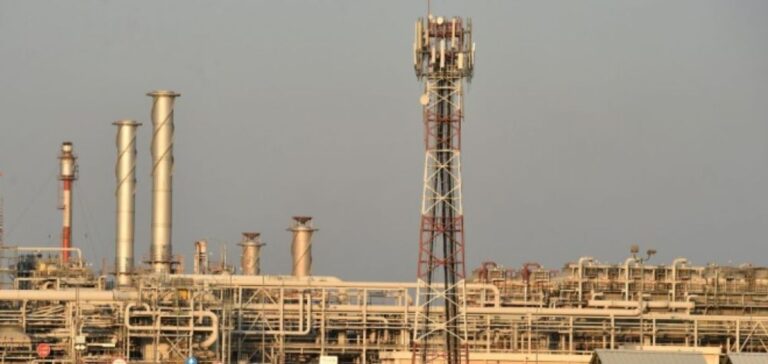Saudi Arabia extends its oil production cut by a month. This is equivalent to one million barrels a day, according to the Thursday announcement. As the world’s leading crude oil exporter, the country is seeking to boost prices, which are in sharp decline.
Saudi Arabia extends oil production cut by a month to support prices
Analysts were anticipating this second extension of the cuts begun in July. Saudi policy contributed to a slight recovery in black gold prices after weeks of decline. The Saudi Ministry of Energy has announced the extension of the one million barrels per day, which came into force in July, for a further month. The reduction will continue in September and could be extended and reinforced. The kingdom’s production for September 2023 will be around nine million barrels per day, underlining the precautionary efforts made by Opep+ to support oil markets.
Opec+ pursues its strategy of cutting oil production
Opep+ brings together the members of the Organization of the Petroleum Producing Countries, including Saudi Arabia and Russia. Riyadh warned in June that the strategy could be “prolonged”. Oil producers are facing falling prices and high market volatility, due to the lingering fallout from Russia’s invasion of Ukraine in February 2022 and China’s faltering economic recovery.
Saudi Arabia relies on oil prices to finance its economic diversification program
Saudi Arabia is thus counting on high oil prices to finance a major economic diversification program designed precisely to extricate the kingdom from its dependence on crude oil exports. Thursday’s announcement comes on the eve of a meeting of the Opec+ Joint Ministerial Monitoring Committee. Analysts estimate that the kingdom needs an oil price of around $80 a barrel to balance its budget. On Wednesday, the two global benchmarks for black gold exceeded this threshold. They thus reached their highest level for more than three months.
Oil prices rise after Saudi Arabia’s announcement
On Thursday, after a slight fall, crude oil prices rose again, immediately after Saudi Arabia’s announcement. Brent North Sea crude for October delivery reached $83.62 a barrel. Its US equivalent, a barrel of West Texas Intermediate (WTI) for September delivery, climbed to $79.97. According to analysts, OPEC recorded a drop in production of some 900,000 bpd, mainly from Saudi Arabia.
Saudi Arabia is waiting for higher prices before reintroducing quantities onto the market.
In this context, Riyadh will wait for “an extended period of higher prices before bringing quantities back onto the market”, MEES expert Jamie Ingram told AFP. This site (MEES) specializes in the Middle East hydrocarbon industry. Oil giant Aramco, meanwhile, has announced profits of $161.1 billion for 2022. This enabled the country to post its first annual budget surplus in almost ten years.





















